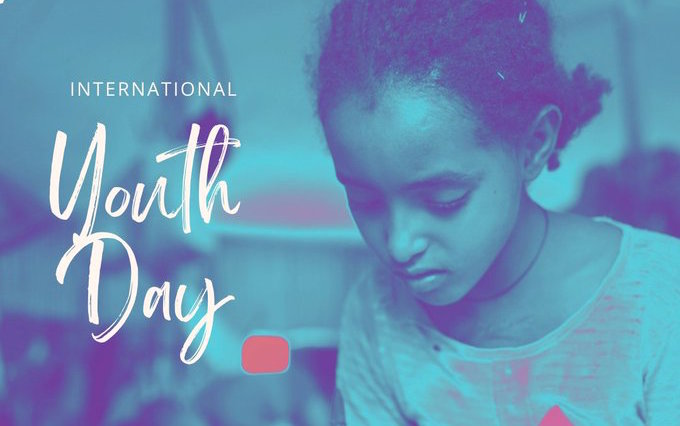|
Getting your Trinity Audio player ready...
|
By SARW
The Southern Africa Resource Watch (SARW) joins the rest of the world in commemorating International Youth Day under the theme “Intergenerational Solidarity: Creating a World for All Ages,” with the goal of encouraging action across generations to achieve the Sustainable Development Goals (SDGs) and leave no one behind
The African continent has a high proportion of young people with 70% of its population under the age of 30, providing it with numerous opportunities for growth and development. It is also the continent with the highest rates of social challenges affecting youth, including a lack of opportunities, high rates of youth unemployment, inequalities, poverty, and a lack of access to quality education and mentorship programs. On this International Youth Day, we are reminded of the importance of youth participation in key economic sectors, such as mining, to an inclusive promote socioeconomic development.
For years, there has been dissatisfaction that the mining sector, which plays a critical economic role on the continent, does not invest in long-term projects that benefit communities, particularly young people. Furthermore, the business model in the mining sector does not create forward or backward linkages into the local, national, and regional economies, failing to adequately plug existing gaps for youth development and empowerment. For example, most mining companies in mineral-rich countries on the continent continue to import equipment as well as technical, financial, and managerial services. Locally extracted natural resources are exported in their raw form to be processed elsewhere. These methods export African jobs and deprive the continent of the opportunity to diversify the economy and industrialise. With this model, African young people will continue to not reap direct benefits from the mining sector.
To commemorate this year’s International Youth Day, SARW asked a young person from a mining community in the North West near Marikana in South Africa to reflect on some of the challenges that young people face on the continent, particularly those affected by mining activities and the extract below captures the young person’s voice:
Growing up in Africa can be difficult and isolating, even if it is not the worst thing that can happen to a person. One of the biggest challenges faced by me and my peers is intergenerational inequality, which most people don’t see as a problem.
The “African way of life” and social expectations, which prevent youth from achieving full self-determination, are two of the most significant issues that young people face as they revolve around age. This is more defined in rural and small communities, where most of the mining takes place. Youth in these settings are not allowed to express themselves as freely as they would like because they are accused of defying social and cultural norms that require them to remain silent in the presence of the elderly. This is a significant impediment to their development and that of their entire community.
Because of rampant ageism, youth are denied opportunities to contribute to public discourse or to seek solutions to some of the continent’s systemic challenges. Discrimination has also resulted in youth being excluded from decision-making processes where they are underrepresented or not being consulted on issues affecting them. This does not only violate the principle of “leave no one behind,” but it also alienates youth to the point where they believe defiance is the only way to be noticed. This supports the notion that young people are irrational and irresponsible and further perpetuates their exclusion.
In the SADC region, many local communities living near mining areas continue to suffer the social and environmental consequences of both large-scale and illegal mining. This is seen in South Africa, where young people have perished after falling into manholes left uncovered by mining companies. In the same country, many communities are being victimised by illegal miners. These challenges are obvious to everyone, but neither older people nor the state have solutions. This is due to a lack of intergenerational integration in government, the private sector, and, to some extent, civil society. Young people have been denied the opportunity to lead and have been barred from positions of power because of their age hence there is a recycling of ideas across the continent.
As the continent with the youngest population, Africa has an opportunity to prioritize development by putting young people at the centre of finding long-term solutions to our problems. This can be accomplished by investing in youth development, and this is how vital economic sectors such as mining can help. Rather than importing skills and technical services, businesses can invest in high-end, well-equipped youth development centres where youth can learn the necessary skills. Mining communities currently have some of the most under-resourced schools and no after-school programs.
We understand that our governments have a responsibility to provide services to their communities, but government failures have trapped most youth in vicious cycles of poverty, unemployment, and illiteracy. Not only have government failures resulted in many young people perpetuating these cycles, but they have also resulted in generations of demotivated youth who see no way out of their difficulties.






